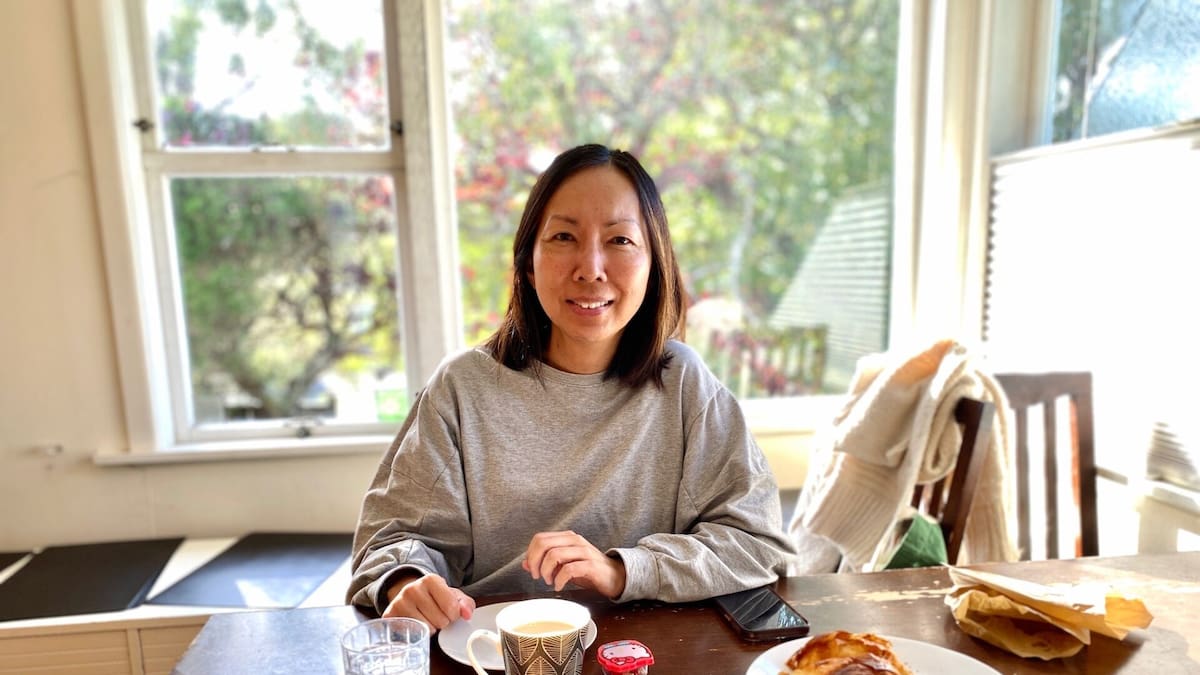Rare Cancer Battle: Auckland Woman's Story Highlights Urgent Need for Sarcoma Research

A cancer diagnosis is life-altering, but for those facing rare cancers like sarcoma, the challenges are amplified. Sarah Cheung, a 43-year-old from Auckland, knows this all too well. Diagnosed with differentiated retroperitoneal liposarcoma in 2021, Sarah is sharing her story to raise awareness and advocate for increased research funding for this often-overlooked disease.
What is Sarcoma? Sarcoma isn't a single cancer; it's a group of cancers that arise from connective tissues like bone, muscle, fat, and nerves. Unlike more common cancers like breast or prostate cancer, sarcomas are relatively rare, accounting for less than 1% of all cancers diagnosed. This rarity presents significant hurdles in research and treatment.
Sarah's Journey: A Diagnosis Filled with Uncertainty Sarah’s experience underscores the difficulties faced by sarcoma patients. Initially, her symptoms were vague, leading to delays in diagnosis. “It was a long journey to get a definitive answer,” she explains. “The rarity of the cancer meant that many doctors weren't familiar with it, and there was a lot of uncertainty about treatment options.”
Differentiated retroperitoneal liposarcoma, specifically, is a type of sarcoma that develops in the retroperitoneum – the space behind the abdominal cavity. Treatment typically involves surgery, often followed by radiation or chemotherapy, depending on the stage and aggressiveness of the cancer. However, the effectiveness of these treatments can vary significantly.
The Urgent Need for More Research Sarah’s primary message is clear: more research is desperately needed. “Because sarcoma is so rare, there’s a lack of understanding about the disease and limited treatment options,” she says. “We need more funding for research into the causes of sarcoma, the development of new therapies, and ways to improve the accuracy of diagnosis.”
Why is Sarcoma Research Underfunded? Several factors contribute to the lack of funding for sarcoma research. Its rarity means it doesn't attract as much attention or funding as more prevalent cancers. Pharmaceutical companies may also be less incentivized to invest in research for rare diseases, as the potential market is smaller. This creates a vicious cycle, where limited research leads to fewer treatment advances, and the lack of progress further discourages investment.
Hope for the Future Despite the challenges, Sarah remains optimistic. She is actively involved in raising awareness and supporting sarcoma research organizations. “There’s a growing community of patients, families, and researchers who are dedicated to fighting this disease,” she says. “With increased awareness and funding, we can make significant progress in improving outcomes for sarcoma patients.”
Sarah’s story is a powerful reminder of the importance of supporting research for all cancers, especially those that are rare and often overlooked. Your support can help fuel the search for better treatments and ultimately, a cure.
Learn More and Get Involved:






